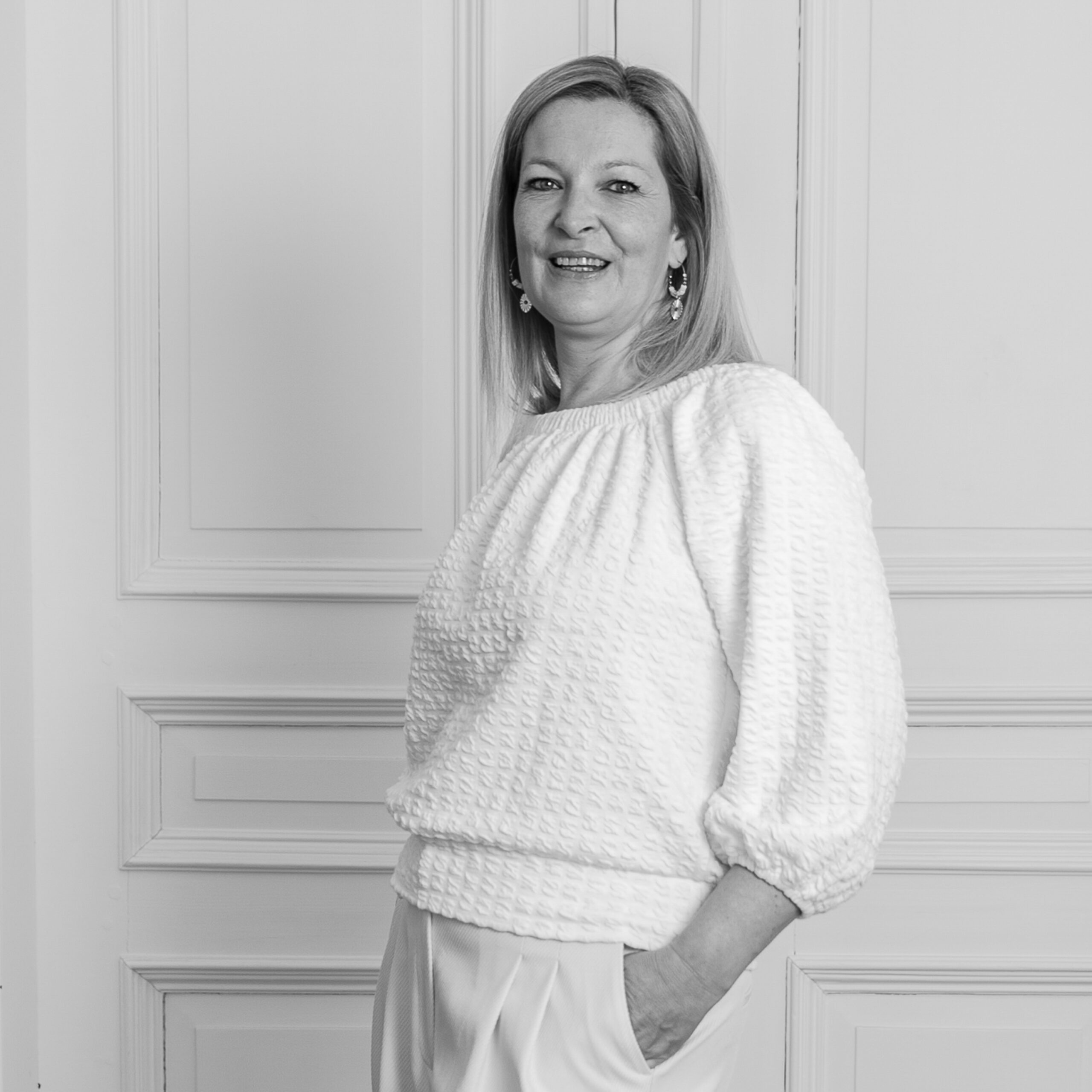Today is ‘World Book and Copyright Day’. During this Coronacrisis, books not only help to prevent boredom, they can also provide a solution for the Coronavirus. After all, books, academic articles and other literary works contain an enormous amount of information that can make a difference in finding a vaccine. However, these works are stowed away in closed libraries, universities and learning centres. Despite the fact that much literature is available digitally, there are many pieces that can only be consulted on site. This is for copyright reasons. Consequently, libraries are looking for ways to get these works to their readers. This requires flexibility and possibly a reinterpretation of copyright law.
Copyright law
Copyright has been created to stimulate new creations and their exploitation. It is an exclusive right the author has on his creations. These can take the form of computer programs, photographs and other audiovisual works, literary works, music, architecture, … It is logical that the copyright in principle belongs to the creator of the work, since it is a creative and personal work that originates from the human mind.
Certain conditions must be met in order to obtain the copyright. It must be a creative achievement, expressed in a concrete form (i.e. not an ‘idea’ or ‘theory’) and be original. If all three conditions are met, the right arises automatically without the need for registration.
The protection lasts from the creation up until 70 years following your untimely passing. As a consequence, everyone who wants to use or distribute your work should always ask for your permission first. In return, you may ask for a compensation. For example, someone wants to place your article on his or her website. He or she will first have to ask your permission and you can attach conditions to this (remuneration, mentioning the source, …). Belgian law provides for some cases in which users don’t have to ask the copyright holder for permission to reproduce or communicate protected works to the public. For example, exceptions for private use, education and scientific research and for libraries, museums and archives.
Are we in need of changes to copyright law?
In times like these, sharing knowledge is crucial, both for science and education. Worldwide initiatives arise that ask copyright holders and governments for adjustments and flexibility.
The European Directive, which forms the basis of the Belgian Copyright Act, provides for four mandatory exceptions to copyright (see above). Be advised, this is not necessarily the case outside Europe. There are countries that aren’t obliged to allow exceptions for e.g. scientific research and education. Many interest groups want to change this. In Belgium, exceptions are allowed, but many of these works are not digitally available. These exceptions are insufficiently exploited today because of the closure of libraries due to the Coronavirus. As a result, there is call for digitalisation, provided that the necessary security measures are taken to prevent further distribution (see below).
Hundreds of interest groups are asking WIPO (World Intellectual Property Organization) to provide urgent advice to the Member States. This should ensure that researchers, archives, educational institutions and libraries during the Coronacrisis to fulfil their educational responsibilities and provide remote services using copyrighted works without fear of litigation.
Not only the government, but also the copyright holders are addressed. They are asked to remove all restrictions that make distance learning, research and access to culture more difficult. The interest groups strive for a worldwide exchange of knowledge, information and literature. Ideally, in addition to many more works becoming available online, the limit on the number of ‘loans’ of a work should also be removed. In reality, works can only be lent to two people at the same time and others are put on a waiting list. This is a waste of time. An efficient exchange of information is currently indispensable.
Our reflections
To realise these adaptations, a distinction should be made between recreational books (children’s books, gardening for dummies, thrillers, …) and educational books (such as biological, legal or economic themes). In our opinion, recreational books, which are not used in a ‘school setting’, belong outside the scope of these exceptions. The copyright holders can grant access to these types of literature as an act of kindness, although this cannot be expected or demanded of them. In spite of the entertainment and pleasures that recreational books offer us, this does not exceed the interest and exclusive right of the author.
In addition, it is essential to thoroughly examine how the release of these works would be handled from a technical perspective. The books and other works should not be downloadable with the result that they can be distributed uncontrollably. One can choose to use encrypted files that are automatically removed from the computer after a short period of time. Also, for educational purposes these documents may only be distributed on a secured online platform (e.g. blackboard, smartschool, toledo, …) instead of email.
Call for flexibility
Copyright is undoubtedly tremendously important, but unfortunately it also causes a huge blockade of access to global information. During the Coronacrisis sharing information and knowledge is crucial to find a vaccine asap and to minimize the impact of the crisis.
The Coronacrisis has prompted a worldwide call for a flexible interpretation or reinterpretation of copyright law. Some countries should first of all incorporate copyright exceptions for scientific research and education. On this World Book Day, Sirius Legal wholeheartedly supports this battle.
Questions about copyright or this article?
Feel free to contact Sophie Vercraeye (sophie@siriuslegal.be) or Bart Van den Brande (bart@siriuslegal.be).

